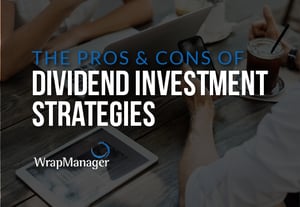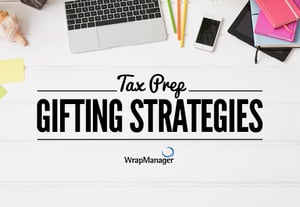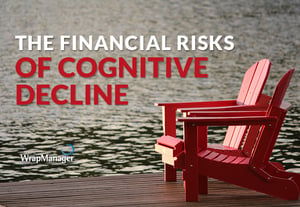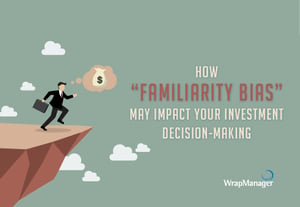Should an investor consider owning dividend stocks? If so, why? And when?
In this piece, we delve into the realm of dividend stock strategies. We’ll look at why dividend stock strategies are important, how they can fit into a broader investment strategy, and why investors may want to consider them now.
What is a Dividend Investment Strategy?
Let’s start with the basics. Generally speaking, a dividend investment strategy is an investment strategy tailored to invest in dividend-paying companies. Asset managers who specialize in owning dividend-paying stocks often have different criteria for the types of companies they want to own. For example, some managers may want to own companies that pay a healthy size dividend, while others may care more about the company having a history of increasing their dividend payments over time. Or, perhaps the manager is looking for companies with a long history of consistent dividend payments versus companies that only recently started paying dividends to shareholders.
[+] Read More


















